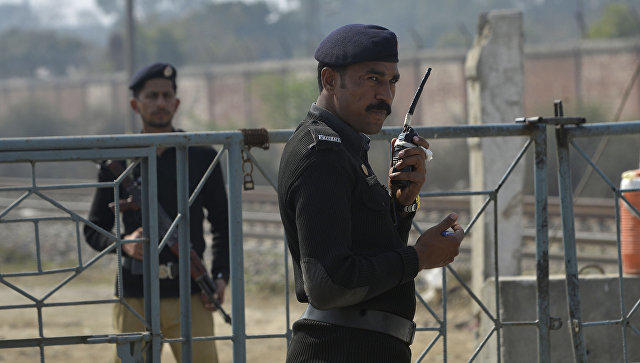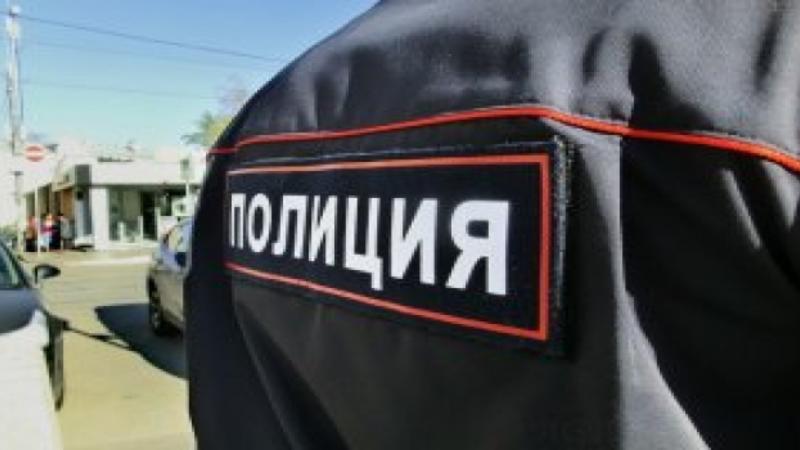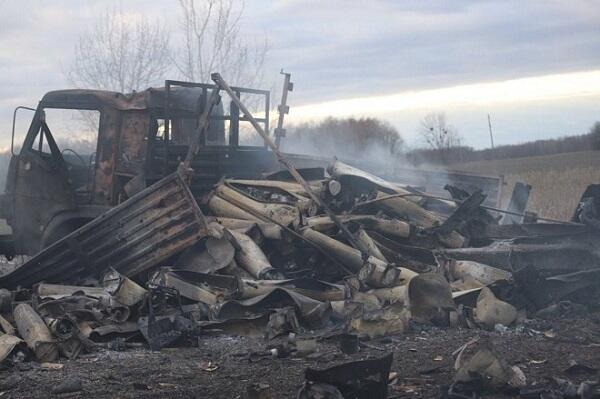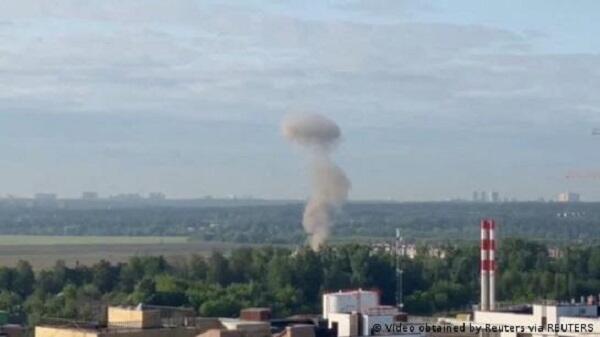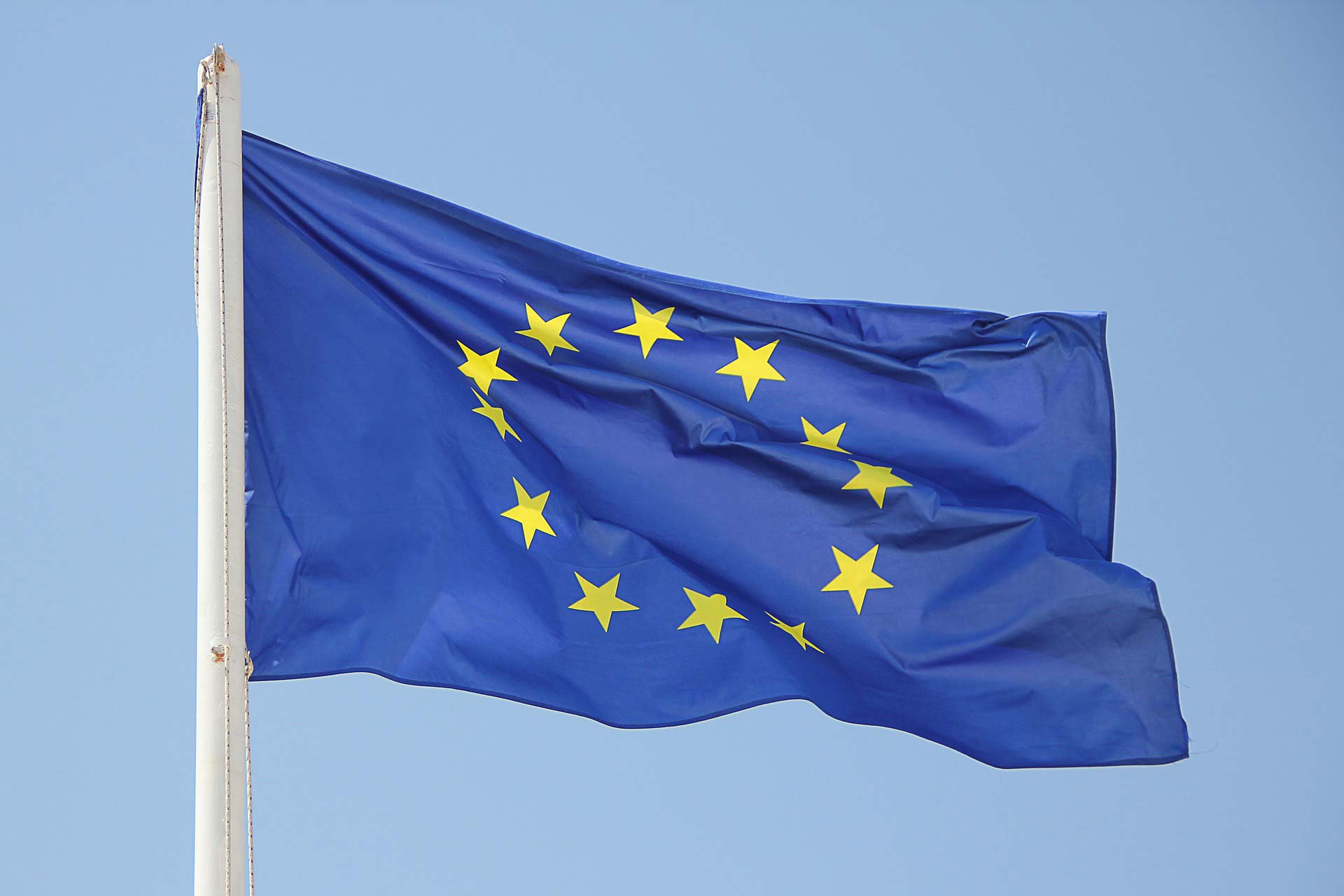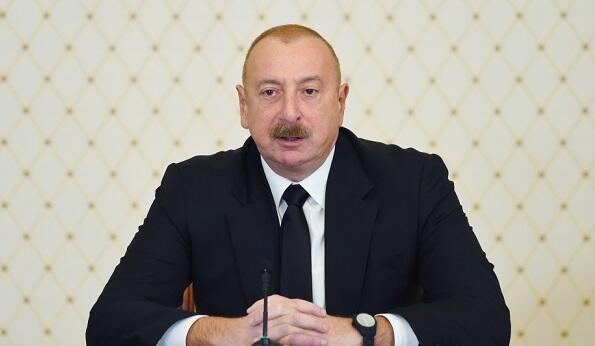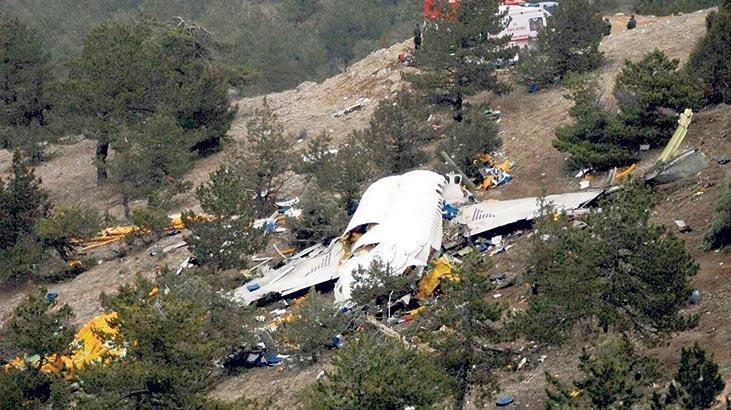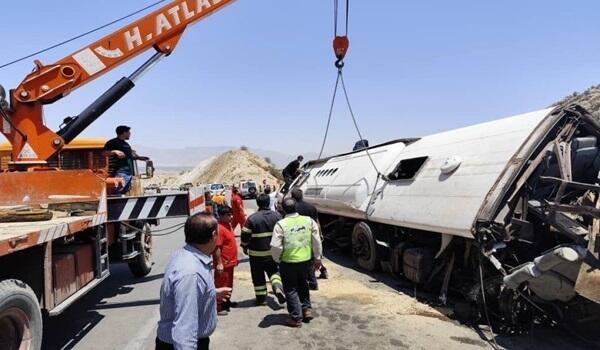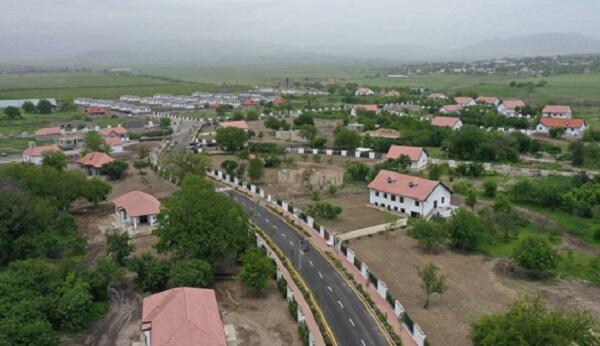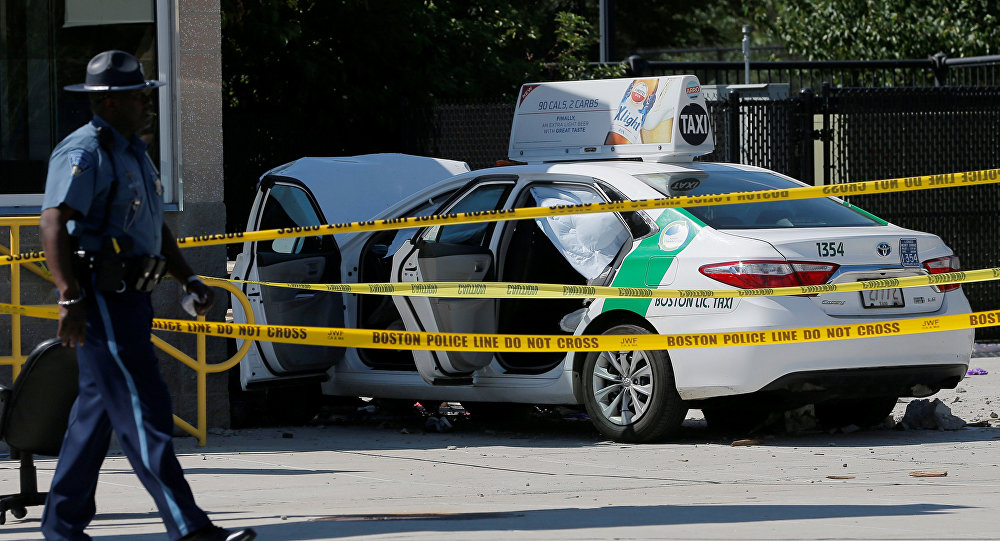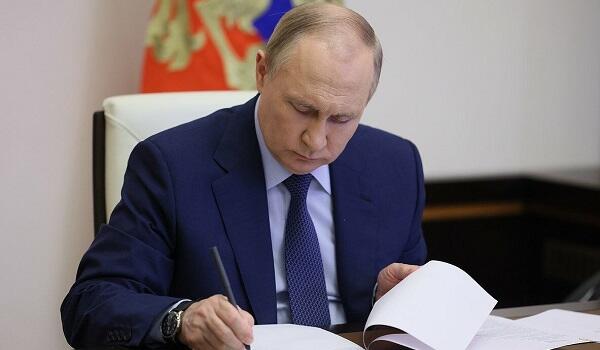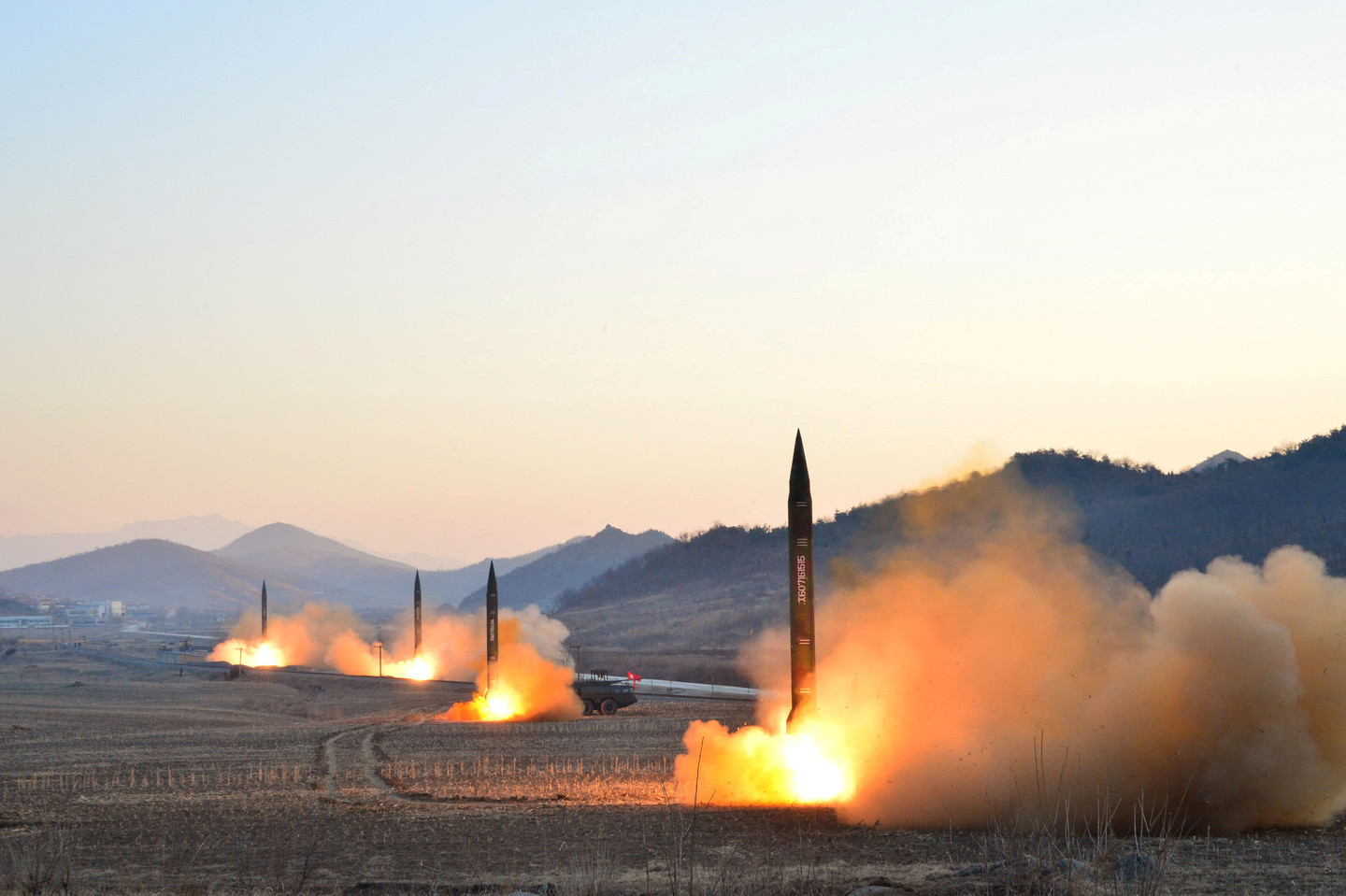Wary of alarming Western partners, Zelensky’s aides have stressed that Kyiv is not currently seeking to build its own bomb. But with Russia still posing an existential threat, and Kyiv unable to feel complete trust in its Western backers, nobody entirely rules it out for the future.
Axar.az reports that citing The Telegraph among them is the Ukrainian-born historian Eugene Finkel, who, in his new book Intent to Destroy: Russia’s Two-Hundred-Year Quest to Dominate Ukraine, writes that his homeland could become an “Israel on the Dnipro”. This does not just mean a battle-hardened population used to fending for themselves, but becoming, like Israel, an independent nuclear power.
“It all depends on how the war ends, but if there’s no regaining of territory, and no Nato promises, I can see serious politicians in Ukraine, especially on the Right, pushing for this,” Finkel noted. “They may even find some sympathy in the West. However, while people might feel it is justified, I think it will be a disaster. Europe doesn’t need another nuclear state at the centre of the continent, and Ukraine has better things to spend its money on.”
Ukraine has means as well as motive. As one of the most technologically-advanced of the former Soviet states, it has a long history of expertise in both nuclear enrichment and weapons delivery systems. Its existing nuclear reactors could provide the requisite uranium and plutonium. Converting it to weapons-grade would require additional fuel reprocessing facilities to generate fissile material from spent fuel, but few deem that beyond reach, given Kyiv’s current track-record of military innovation. Ukraine already has missiles such as the Soviet-era Tochka, which can carry nuclear warheads, according Dr Sidharth Kaushal, a senior research fellow at London’s Royal United Services Institute.
He points out, however, that neither the West nor Russia would idly sit by and let this happen. Ukraine’s nuclear facilities are routinely monitored by the International Atomic Energy Agency, whose inspectors would spot any unsanctioned enrichment activity. “Not only would it alarm Ukraine’s Western partners, it would also give Russia a pretext for further military intervention, which the West would find harder to argue against,” he says. Doing it in secret, he adds, would also be difficult, given that Russia is still thought to have numerous moles within Ukraine’s security establishment.
Read full article by clicking here.
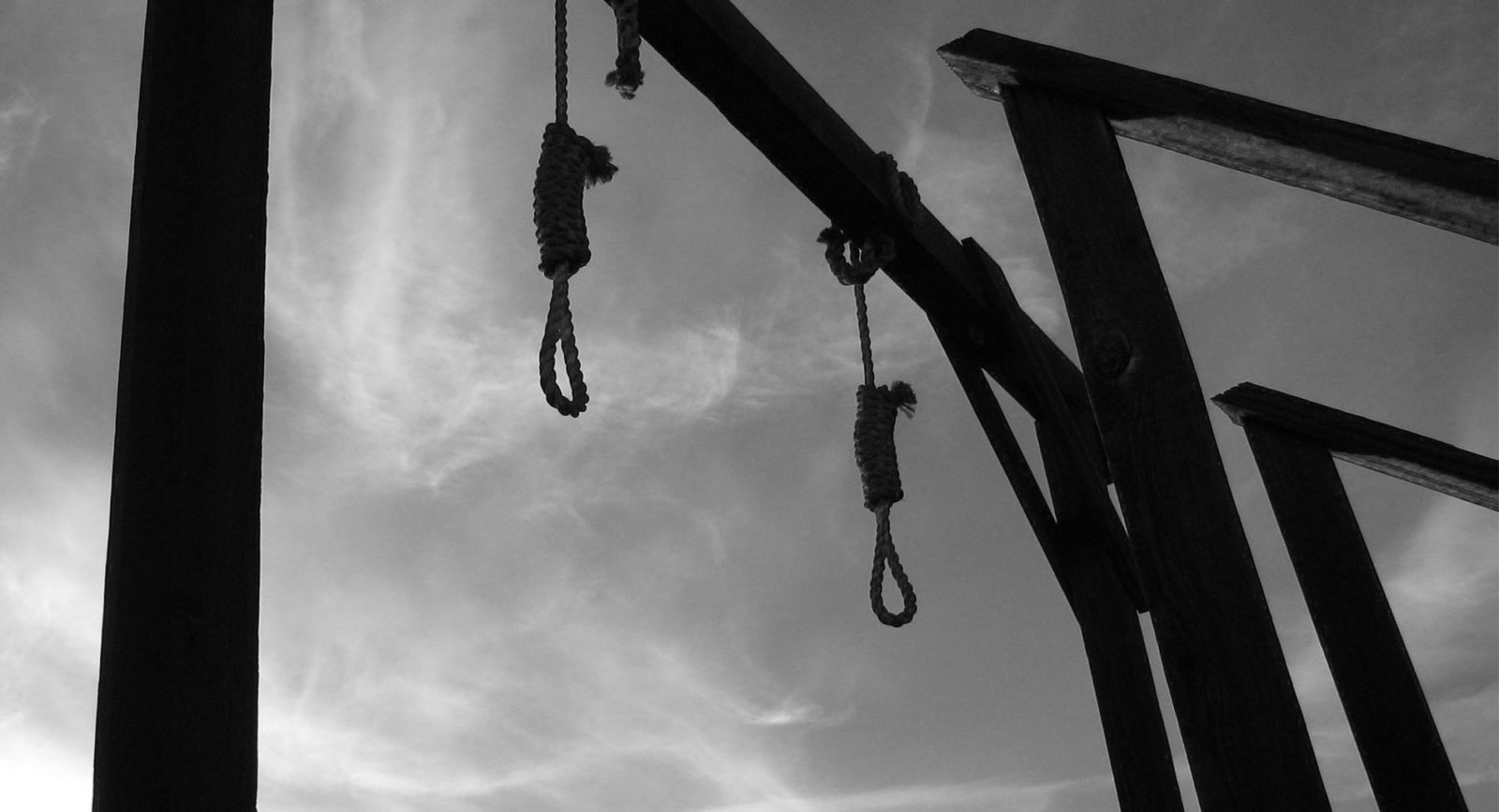

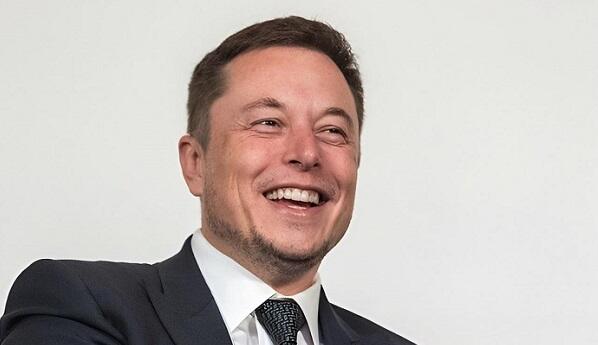

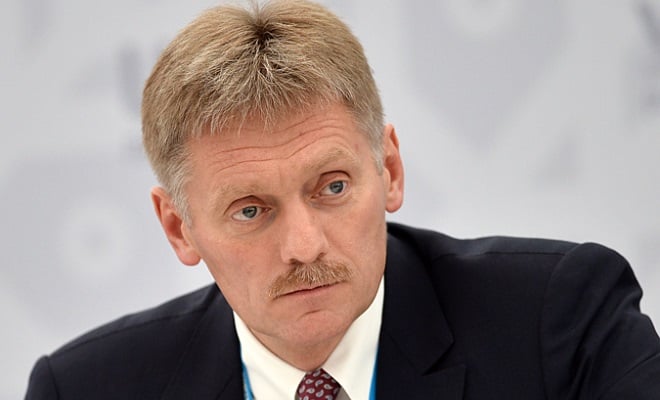

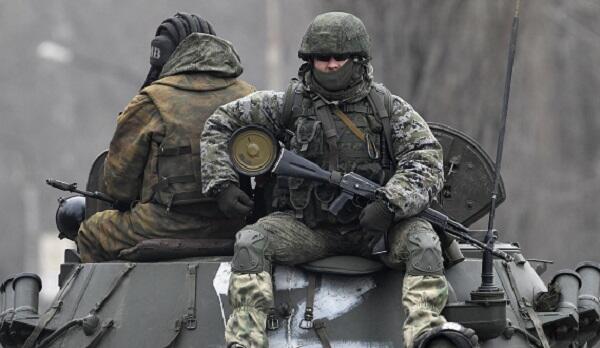
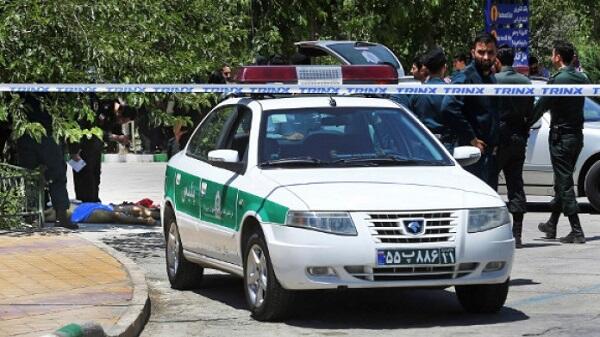

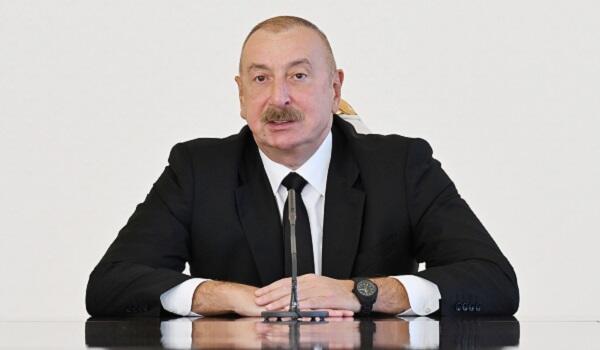

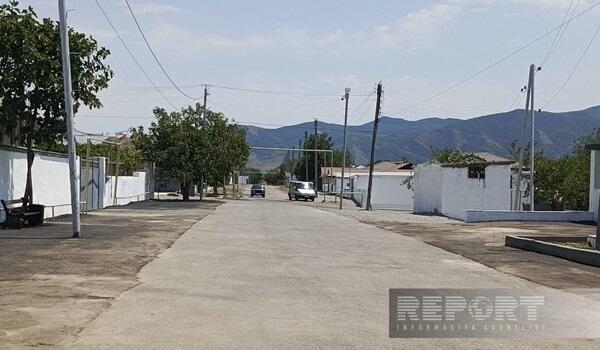
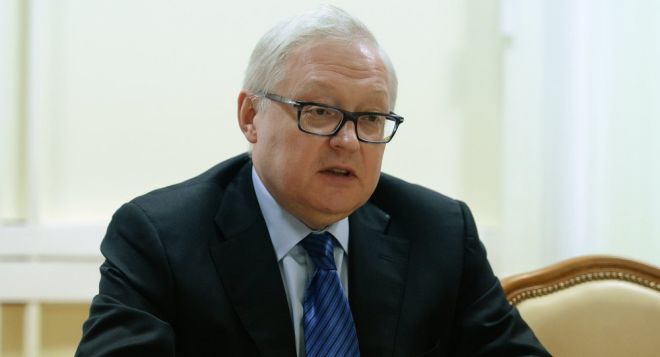
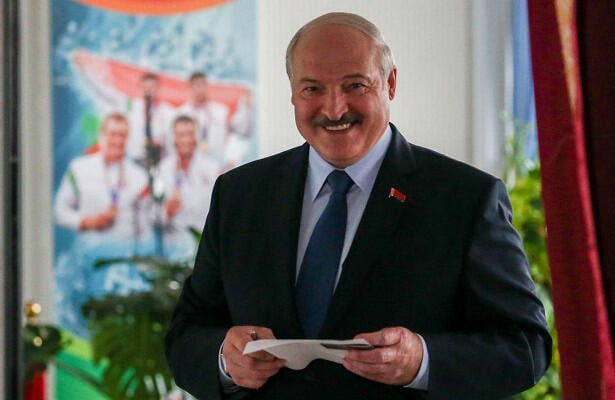
.jpg)
